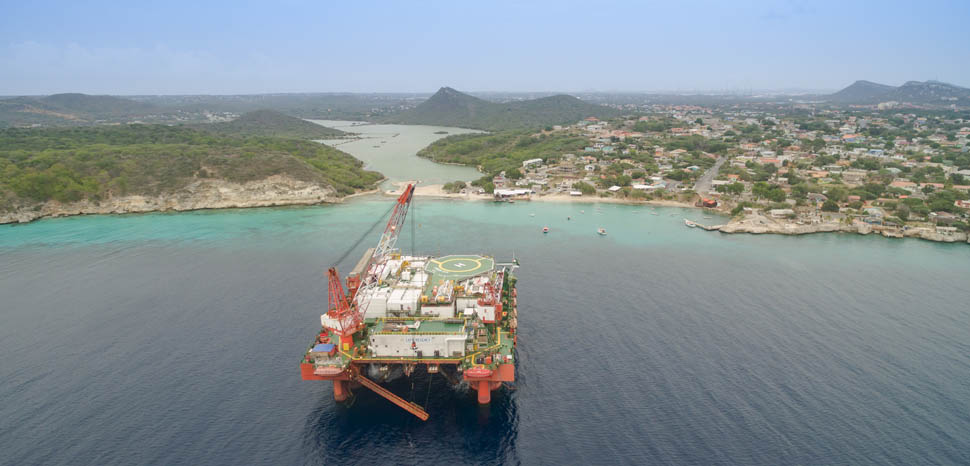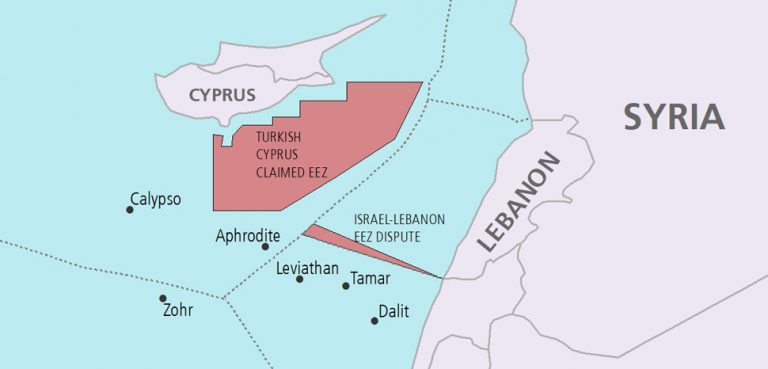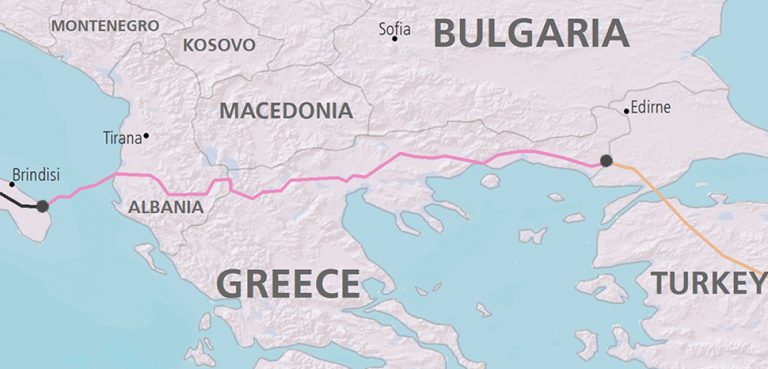Nearly five years after discovering its massive oil reserves, the South American nation of Guyana is learning firsthand about the trials and tribulations associated with “Petro-politics,” an ailment its neighbors, which include Brazil and Venezuela, know all too well. In the country’s most recent election, held over three weeks ago, an official winner has yet to be declared in what may be considered the most consequential contest in Guyana’s post-colonial era.
Throughout its 53 years of independence, Guyana’s politics have been principally guided by the country’s unique ethnic composition, which consists largely of Afro-Guyanese and Indo-Guyanese citizens, themselves descendants of slaves and indentured servants. The country’s history also serves as a microcosm case study of Cold War geopolitics. Fears of a Marxist-oriented government in Guyana compelled the US and Britain to interfere in the country’s elections, granting an upper-hand to the People’s National Congress (PNC) for nearly 27 years.




